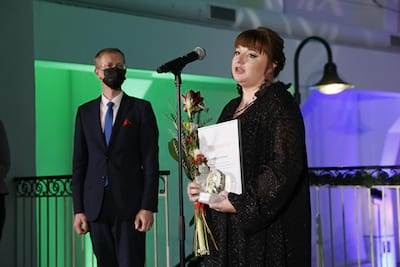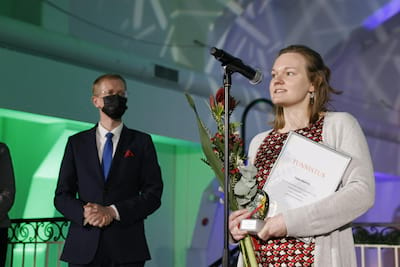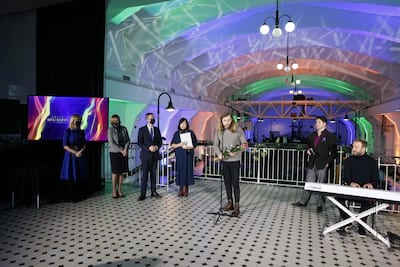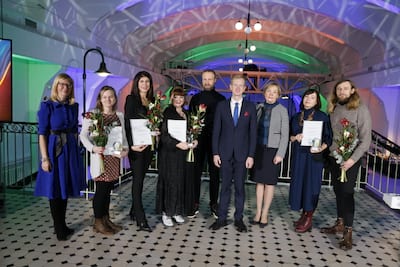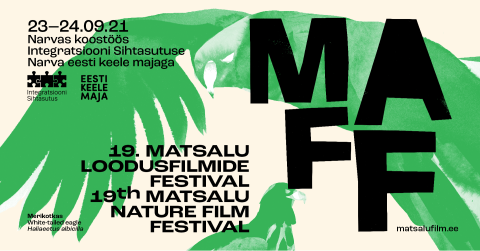In cooperation with the Ministry of Culture, the Integration Foundation is launching a work-experience programme in the course of which a variety of state agencies will be offering work placements to students with mother tongues other than Estonian. The aim of the programme is to showcase employment opportunities in state agencies to the students and to encourage them to apply for positions in the public sector in the future.
‘The aim of the field of integration is to contribute to a cohesive society where everyone has the opportunity for maximum self-realisation. However, the proportion of people with a mother tongue other than Estonian working in the public sector is less than 3%, while in the society, those people make up more than 30%,’ said Piret Hartman, Undersecretary for Cultural Diversity of the Ministry of Culture. ‘The aim of the work-experience programme is to create faith in young people of other nationalities who could work in the public sector in the future and who are currently preparing for it. By creating diversity in the public sector, we can shape more broad-based policies and build a more sustainable state,’ Piret Hartman added.
Work-experience places will be offered to young people with mother tongues other than Estonian by the Government Office, the Ministry of Education and Research, the Ministry of Culture, the Data Protection Inspectorate, the Land Board, the Health Board, the Health Insurance Fund, the Police and Border Guard Board, and the Integration Foundation. The work-experience tasks are related to, for example, the topics of data protection, management of state assets, environmental health, the employer’s branding, and other areas.
The places available and the terms for applying can be found online at praktikaprogramm.integratsioon.ee.
Applications are open to students from a variety of fields of study whose mother tongue is a language other than Estonian. Applicants must speak very good Estonian, have an interest in the field in question, be proactive in dealing with others and be prepared to take on exciting challenges.
The work experience will involve both independent and team tasks, with the participants being included in as much of the day-to-day work of the institutions as possible. Flexitime and remote working options will be available upon agreement. In addition to the experience the work placements provide, those taking part will also get the chance to attend training courses that will help them more effectively prepare for their future careers.
‘This work-experience programme, which is aimed at students with a mother tongue other than Estonian, is a springboard for those who are interested in familiarising themselves with working in the public sector but have doubts about whether their knowledge and skills are sufficient. We encourage young people to take part in our work-experience programme and meet with inspiring people,’ said Kätlin Kõverik, Head of the Counselling Service of the Integration Foundation. ‘State authorities, in return, receive information on how young people with a mother tongue other than Estonian perceive their field,’ Kätlin Kõverik added.
The work-experience programme will take place for the third time. A total of 21 young people speaking Russian, Estonian Russian, German, Azerbaijani, and Turkish as mother tongues have completed the work-experience programme in various ministries and state authorities.

